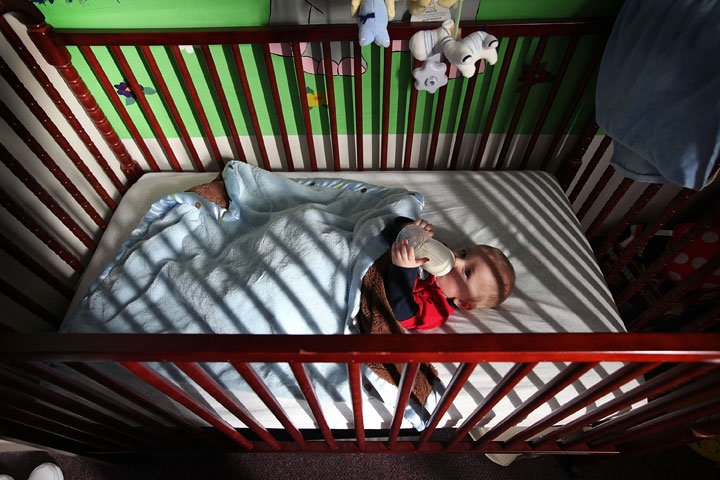Saskatchewan is discontinuing the controversial practice of birth alerts on Feb. 1.

Indigenous leaders have repeatedly called for an end to the practice, where child welfare agencies notify hospitals of “at-risk” expectant parents.
Saskatchewan’s Ministry of Social Services said the move aligns with recommendations from the Missing and Murdered Indigenous Women and Girls Inquiry, the Truth and Reconciliation Commission Calls to Action and federal Indigenous child welfare legislation.
“It also recognizes concerns raised by various Indigenous partners and community stakeholders across Saskatchewan,” said a statement from Janice Colquhoun, executive director of Indigenous Services with the ministry’s child and family programs.
Some stakeholders have flagged the practice as a traumatizing tool that discriminates against Indigenous families.
Last year, child welfare agencies issued 76 birth alerts, with 53 affecting Indigenous mothers. The four-year average prior to 2020 was 152 alerts annually.
Ninety-eight infants aged 30 days or younger were apprehended last year. Of those children, 60 were identified as Indigenous. Seventeen of the babies had been reunited with their families as of Dec. 31, 2020.

Get weekly health news
The social services ministry noted birth alerts did not precede all 98 apprehensions.
“The removal of a child at birth is an absolute last resort and only occurs when safety of a child cannot be ensured,” the ministry said in a briefing about the policy change.
Federation of Sovereign Indigenous Nations Vice-Chief David Pratt said he’s relieved birth alerts are soon to be over.
“It actually puts (newborns) into trauma when they separate them from their mother,” Pratt told Global News on Monday.
“Our leadership and our chiefs are going to be so happy with the news.”
Social services staff conducted engagement sessions over the past year with community partners and the families it serves.
“The Ministry of Social Services is taking what we learned at these engagement sessions to inform our policies and practices specific to this vulnerable group of people,” Colquhoun said.
Social services is working with the health ministry and Saskatchewan Health Authority to ensure adequate support is available to expectant mothers, including prenatal care, housing, income support, and mental health and addictions programming.
“Community organizations are best positioned to offer supports and services to at-risk expectant mothers,” the ministry’s briefing said.
“Extended family members and communities can act as a source of strength and support for families who are struggling, and help to prevent the need for child protection intervention.”
Pratt said he hopes banning birth alerts will help reduce the number of children in Saskatchewan’s care, which hit an 11-year high in 2019.
Birth alerts were axed in Alberta, British Columbia and Yukon in 2019, followed by Manitoba and Ontario in 2020. They haven’t been issued in the Northwest Territories in more than a decade. P.E.I. has committed to banning the practice by the end of January.
Birth alerts are still issued in Quebec and are under review in New Brunswick, Nova Scotia and Newfoundland and Labrador.

-With files from Bayleigh Marelj, Local Journalism Initiative Reporter






Comments
Want to discuss? Please read our Commenting Policy first.